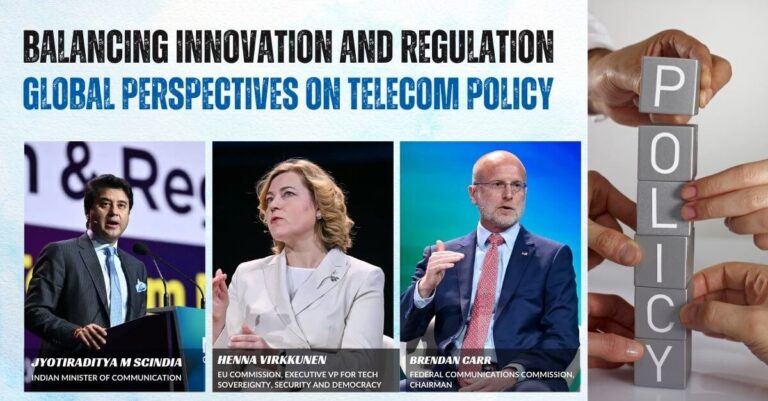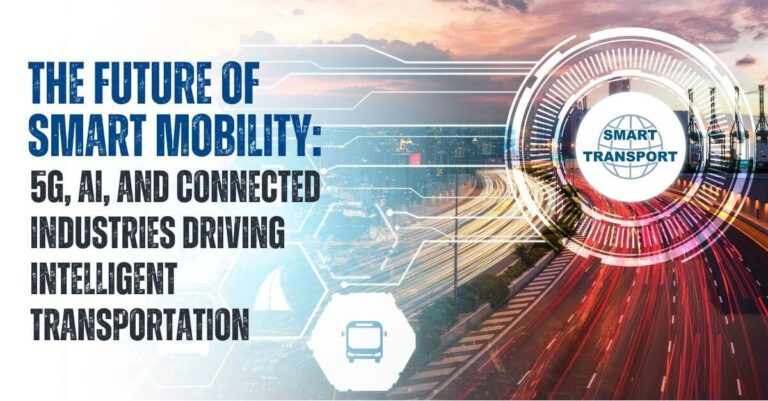Hrvatski Telekom Deploys 5G at Rijeka Port
Hrvatski Telekom (HT) has equipped the new container terminal in Rijeka with a 5G network. This significant step forward in the evolution of 5G technology in the maritime industry highlights HT’s capability in providing cutting-edge communication solutions. HT offers a comprehensive Managed Service for 5G communication on a turnkey basis.
Challenges in Modern Container Ports
Modern container ports face numerous challenges, including the need for robust, high-speed communication networks to manage operations efficiently. The requirement for seamless 24/7 connectivity, environmental sustainability, and remote operations are critical for contemporary terminals.
Hrvatski Telekom’s 5G Solution for Rijeka Terminal
Hrvatski Telekom was selected by Rijeka Gateway, a port operating company founded by A.P. Moller-Maersk and the ENNA Group, to develop and manage the terminal in Rijeka. Scheduled to start operations in 2025, HT will transition the port from the current 5G NSA architecture to the advanced 5G SA architecture, employing a dedicated Network Slice for industrial applications.
Hrvatski Telekom Proving the Benefits of 5G in Port Operations
“This project demonstrates Rijeka Gateway’s confidence in our ability to provide a high availability service for flawless 24/7 port operations. It confirms our strategy in providing business-critical communication through our public mobile network,” emphasized Marijana Bačić, a Management Board member and Chief Operating Officer Business at Hrvatski Telekom.
Why Hrvatski Telekom Selected Advanced 5G Technology
The choice to implement 5G technology and a dedicated network slice ensures high-quality, reliable communication infrastructure. This technology supports remote operations, such as the remotely operated cranes and electric equipment planned for the terminal, emphasizing sustainability and energy optimization.
Advantages of Enhanced Port Connectivity
- Operational Efficiency: Enhanced connectivity ensures smooth, uninterrupted operations.
- Environmental Impact: Electric equipment and energy optimization systems reduce the terminal’s environmental footprint.
- Economic Growth: The project stimulates local economic development with domestic companies executing most contracts.
Impact on the Maritime Industry
The Rijeka Gateway terminal is poised to become the most technologically advanced container terminal in this part of Europe. With a 50-year concession, it will serve as a primary entry point for container traffic to the European hinterland, revitalizing Rijeka’s coastal area.
Hrvatski Telekom’s Comprehensive Managed Service
Hrvatski Telekom’s role extends beyond just providing the 5G network. HT’s comprehensive Managed Service ensures continuous support and innovation, reflecting their strategy in offering business-critical communication solutions through their public mobile network.
Strategic Partnership with Rijeka Gateway
Rijeka Gateway, backed by A.P. Moller-Maersk and the ENNA Group, collaborates closely with HT. This partnership focuses on developing a terminal with minimal environmental impact, utilizing advanced energy optimization and overall terminal management systems.
Project Timeline and Future Prospects
The new container terminal is scheduled to start operations in 2025. The transition to the advanced 5G SA architecture marks a significant milestone in the project’s timeline, positioning Rijeka Gateway as a leader in port technology.
“This terminal in Rijeka will be the only terminal in this part of Europe with remotely operated cranes. Almost all equipment will be electric, and we are installing very advanced energy optimization and overall terminal management systems,” said Peter Corfitsen, CEO of Rijeka Gateway.
Conclusion
Hrvatski Telekom’s implementation of a 5G network in Rijeka’s new container port exemplifies the transformative potential of advanced communication technologies in the maritime industry. This project not only enhances operational efficiency but also supports environmental sustainability and economic growth, setting a benchmark for future infrastructure projects in Europe.






















